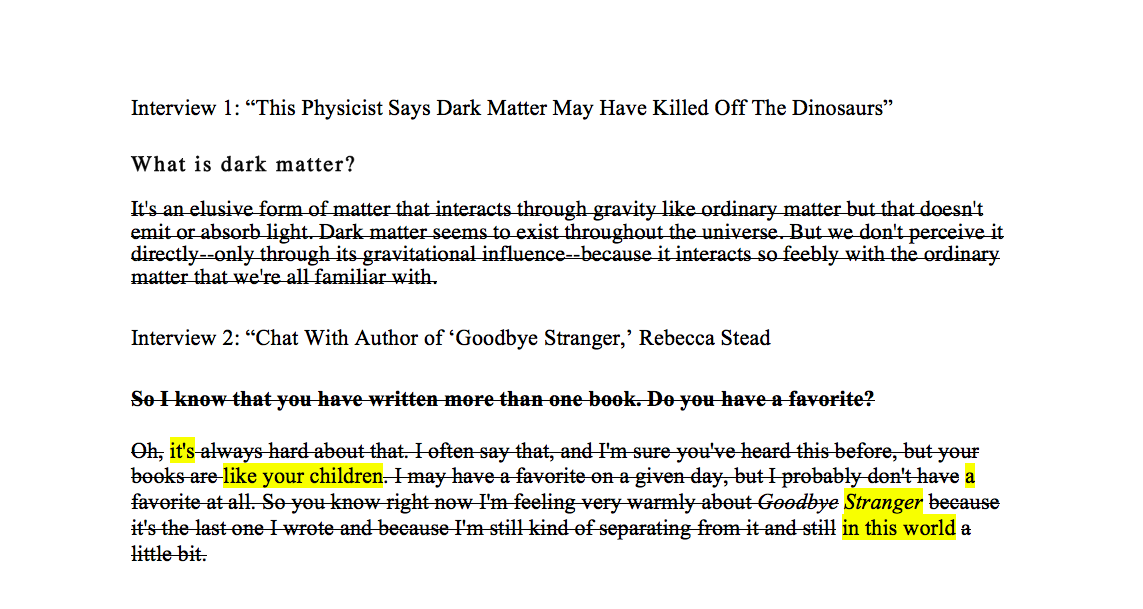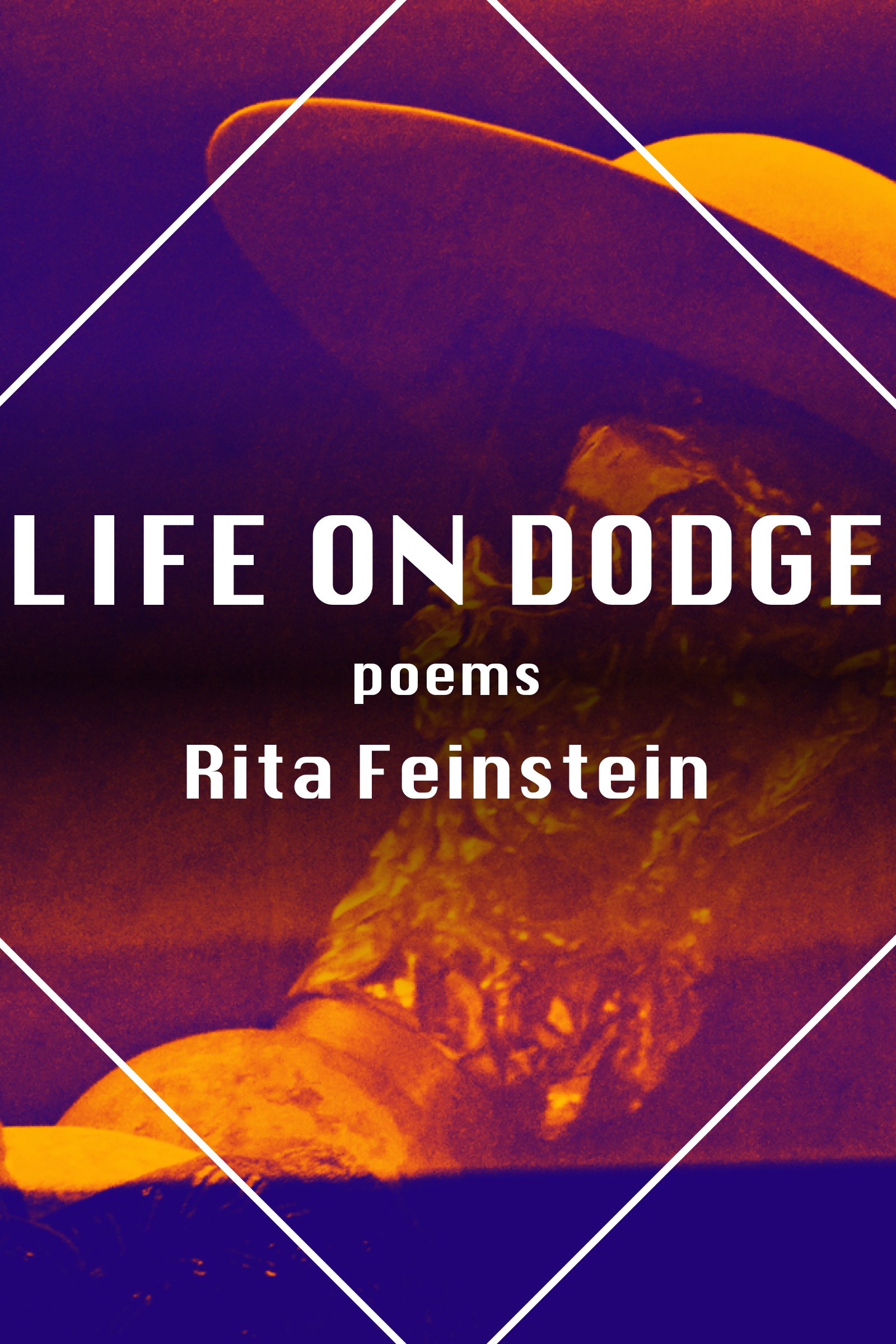This Winter, Poetry Said No
This Winter, Poetry Said No
A National Poetry Month Essay by Christine BrandelThis winter was a lonely one for me, poetry-wise. It’s not for lack of trying on my part. I’ve sent poetry countless invitations—requesting its presence at late night rendezvous at my desk, quick chats as I drive to and from work, a chilly but cheerful New Year’s Eve party, and every single one of my dreams.
But poetry said no. Without even sending its apologies.
It’s hard not to take it personally. I kept reading others’ work—why do the poems show up for them but not me? I kept teaching new writers, watching as they develop their voices and styles. I tried writing along with them. I tried finding brand new prompts to use on my own. I opened old drafts and worked to make something new. I re-read all the poems I’ve loved since I was a child, reliving those moments of pure magic. I re-read my own poetry, remembering each poem’s conception and birth.
Poetry said, Appreciate the effort, Christine, but still not interested.
I wondered if poetry now finds me boring or obsolete. Perhaps it thinks I’m too tired, no fun anymore, past my sell-by date. Am I? This possibility made me shift my perspective. What if this wasn’t about writing a poem at all, but instead about rekindling a romance? How could I make poetry remember what it used to be like when things were good between us? I don’t have a lot of experience in that department, so I did the only thing I’ve ever tried to revive a dead relationship: I got a haircut. True, it hadn’t won back anyone in the past, but it’s all I could think of. Alas, freshly shorn locks didn’t make a difference with poetry either.
This winter was difficult. It was long and cold and grey. If I could have, I’d have hibernated all season, tucked up in bed, lost in dreams of honeybees and sunlight. But I am not a bear. No den, but a poorly insulated house. I spent hours at the door, staring out the icy window at the grey skeletons of trees. I spent hours at my desk, staring through the cold screen at the ugliness of the world.
Eventually, I gave up. No one finds desperation appealing, I know. I’d given it my best go, but I had to stand down.
It was out of my hands now. If poetry wanted me, it knew where to find me.
_________________
Then came April. The air was warming, and life was waking. In me? I don’t know, I was too afraid to ask. I was trying to accept the feeling of not knowing anything anymore.
Today I went out to do some errands. Though it was my day off, I drove the same route I take to work, passing the same landscape I passed every morning and evening all winter. Things were different today. Things felt different today. The sun was shining. The sky was blue. There were blossoms on the tips of the trees’ branches: pink, white, gold, green. The trees were alive.
I am, too.
Despite the errands, I turned back and went home to retrieve my camera. I parked my car on a side road and got out to take photographs. The wind had a chill as it blew through my hair. I breathed it in, sensed it filling my lungs and moving through my veins. I felt like laughing, so I did. I smiled at the car that honked as it passed. I walked up and down the road, catching all those colors in my camera.
When I got home, I took pictures of the violets which seemed to have suddenly filled my yard and of a dozy bee who was resting in the sunshine on my porch.
Inside, I looked at the photographs—the warm light, the vibrant hues, the delicate lines. None of these things had been there yesterday. Maybe they had been, but were not yet ready to be seen. Or maybe they were just waiting for me.
For me to be willing and able to see.
A Wife Is a Hope Chest
by Christine Brandel
A wife is a hope chest in which you keep
the things you will need for a good life.
1: A kettle. Tie the cord to her wrist, she should
never be out of its reach. 2: A snapshot of the woman
you wish you had married. Push it through her
eyes, put it in her head. 3: A pen knife. Good
for cutting bread, package strings, the ring
from her finger. 4: Coins. They will make sounds
so you know when she’s coming. 5: Silence.
Do not read the letters she writes you, do not
speak even if she pleads. 6: Cotton wool. To stop
the flow. Because she will bleed. 7: A book.
One heavy hardback you never intend to read.
8: A skeleton key. Trust her. She won’t use it to get out.
“There’s a sense of earned-ness about these poems—it’s palpable. They seem to address matters non-theoretically; they seem to raise matters from the author’s direct experience. … Recommended.” —Galatea Resurrects
Brandel’s formally structured lyrics, as carefully arranged as a chest packed with tissue paper and clove oranges, lure and invite the reader with beauty and craft, then hiss and coil and buzz with needled wit and blade flashes of human insight. These are poems Emily Dickinson would have delighted in and sent daringly to friends. This is a collection where six lines and twelve words in a poem about a teakettle sear and brand so hot, the reader finds relief in the white space on the page. Domestic objects are both weapons of war and charms of love, often simultaneously, and the cycle of poems circling around each presented object — kettle, snapshot, penknife, coins, silence, book, and skeleton key — work both as a dance and the creeping threat of a predator pack.
A Wife Is a Hope Chest demonstrates brilliant facility with form and capacious understanding of the capabilities of plain-language verse. This is a poet’s poetry collection, even as it is a volume that invites any reader to become infected with its unforgettable imagery, pointed humor, and dark charm.
In these surreal lyrics, romantic love is a repository for emotions sweet, bitter, and blazing. Brandel’s language—rich with visual and tactile imagery—delivers us into a world where domestic objects transform into amorous talismans. —Kiki Petrosino
Christine Brandel is a writer and photographer. Her work has recently appeared in Callisto, Public Pool, Under the Rader, Blue Fifth Review, and The Fem. She also writes a column on comedy for PopMatters and rights the world’s wrongs via her character Agatha Whitt-Wellington (Miss) at Everyone Needs An Algonquin. She currently lives in Bloomington, Indiana, where she teaches at a community college and serves as a hospice volunteer. More of her work can be found at clbwrites.com.



BMP Celebrates National Poetry Month — Break Poetry Open
For this year’s National Poetry Month, Brain Mill Press & Voices want to add to your #TBR pile, sing siren songs of unsung heroes, and signal boost living poets we should be reading more. By the end of the month, we hope you will have acquired 30+ new books of poetry and that they continue to multiply in the darkness of your library. Explore new voices & new forms — re-read some old favorites — play if you liked this poet, you’ll like... the old-fashioned way, algorithm-free — just poetry lovers talking to poetry lovers, as the Universe intended. Happy #NaPoMo2019 from Brain Mill Press.































Recent Comments